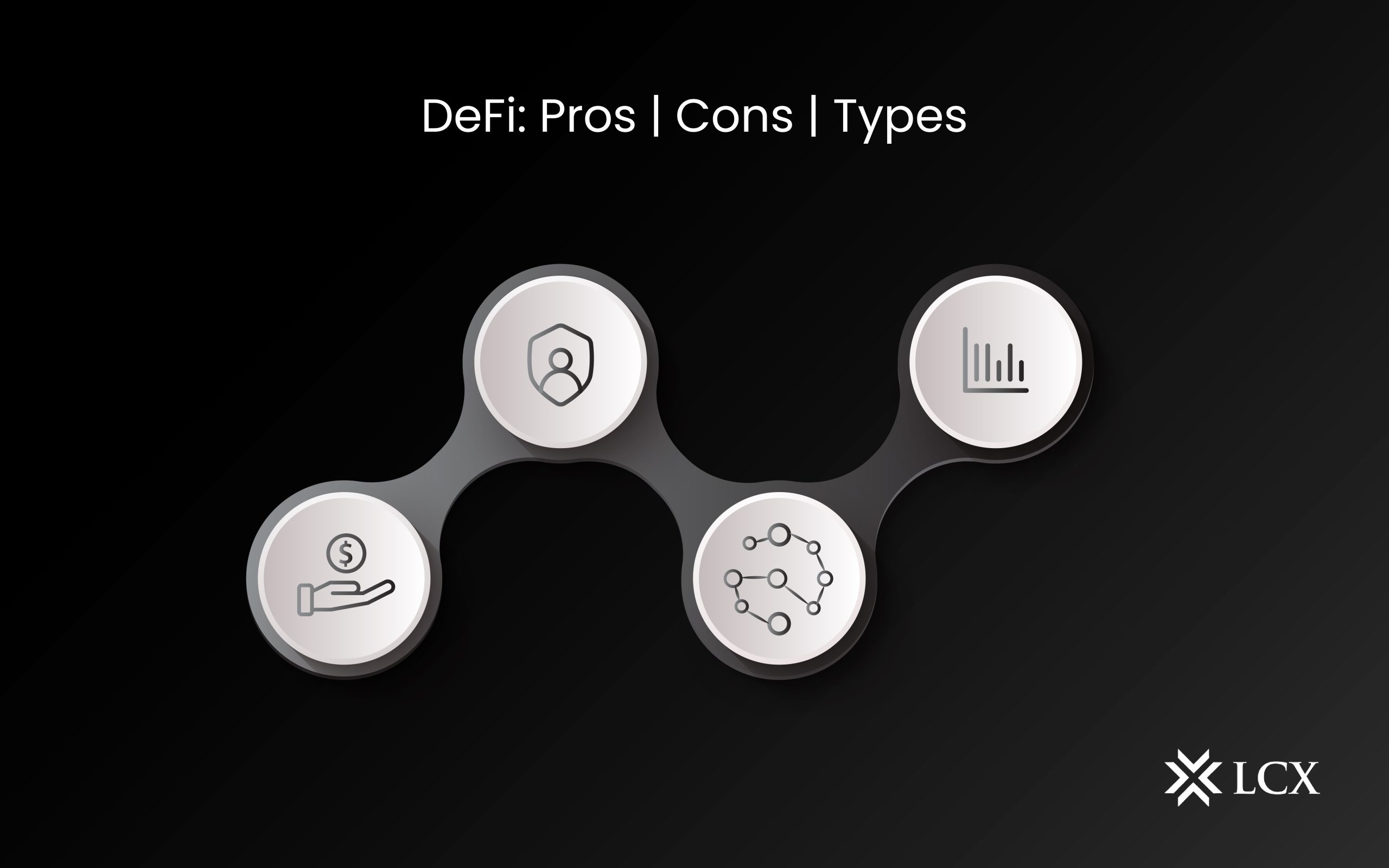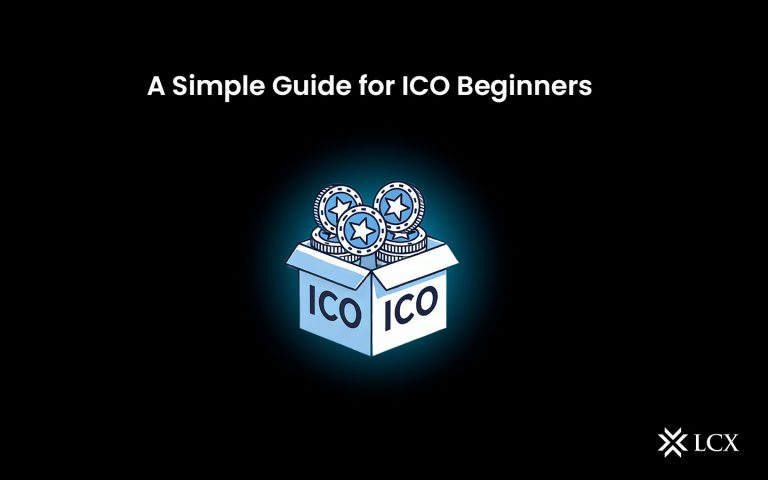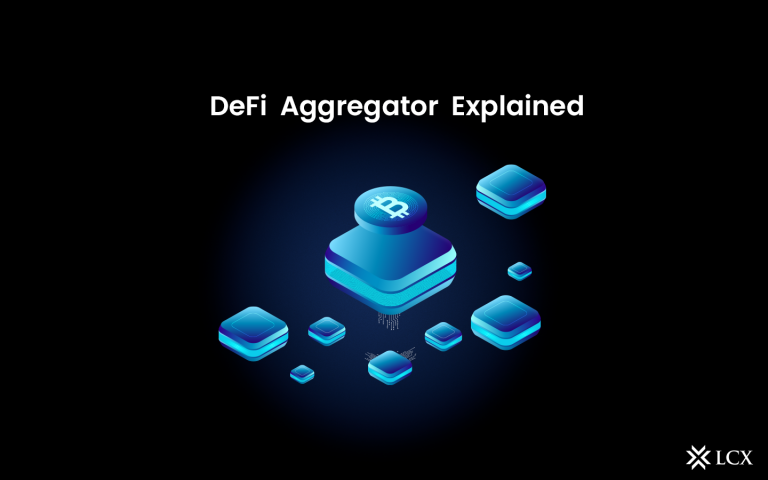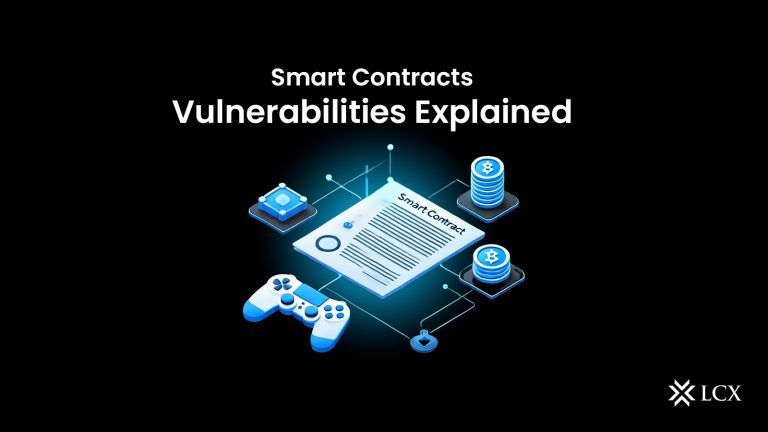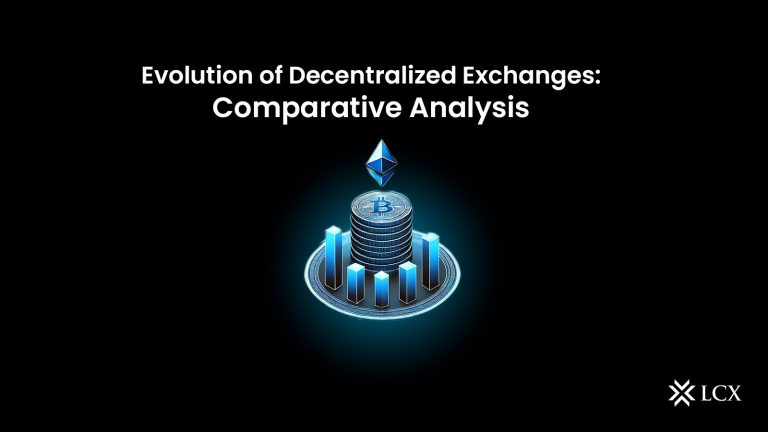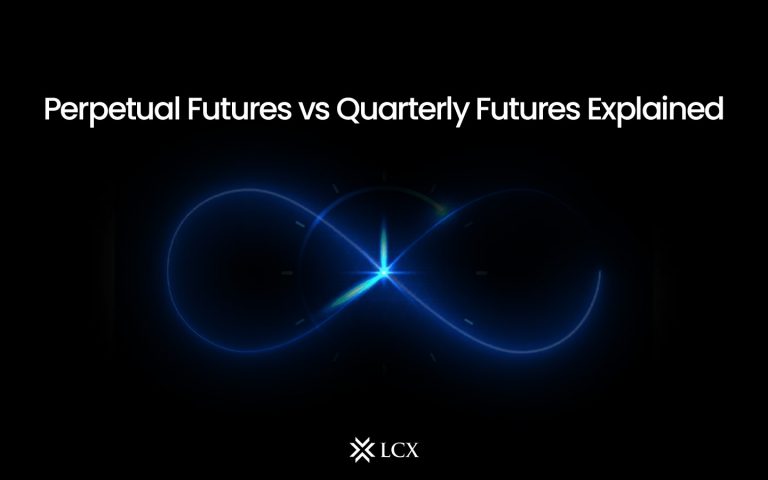Decentralized finance, or DeFi, has recently emerged as a game changer in the blockchain space. The system eliminates banks’ and institutions’ control over money, financial products, and services.
What Is DeFi?
Decentralized finance, or DeFi, employs cutting-edge solutions to dismantle centralized banking and industry models and provide access to financial services to anyone and anywhere.
The majority of DeFi apps and services are based on public blockchains. They enhance existing offerings based on traditional models by providing innovative replacements for existing financial services.
Furthermore, DeFi apps give users so much access to their finances through private wallets and marketplaces that they prefer collaboration with customers over with institutions.
While DeFi is based on the blockchain, its financial applications are pretty diverse.
DeFi applications can be used in a variety of situations, including:
- Prediction markets;
- Derivatives
- Yield farming
- DAO
- Insurance
- Stablecoins
- Exchange and liquidity
- Borrowing and lending
- Marketplaces
Pros Of DeFi:
- DeFi allows for simple entry into financial markets
Decentralized finance (DeFi) provides investors and traders with a more accessible, better, and more productive method of transferring funds. Smart contracts make it easier to reach an enforceable agreement for personal information exchange and user identification, and the process is completely automated.
- DeFi raises cryptocurrency prices
The market capitalization of the segment’s big projects has increased significantly since DeFi’s inception. Some hype coins have doubled in value in less than a year.
- DeFi promotes transparency
The DeFi protocol offers better transparency than traditional banking institutions. DeFi protocol is built on the blockchain, which ensures transaction immutability and transparency.
Cons Of DeFi:
- A third-party audit is required
DeFi is built on smart contracts, which are vulnerable to manipulation and exploitation. As a result, smart contract auditing is required with all DeFi protocols.
- Data feed centralized
Blockchains cannot access off-chain data. As a result, a third party is required to provide real-world data to that identical blockchain, which makes data centralized and vulnerable to centralization issues.
- Hacking and other types of exploit attacks
Due to the misuse of business logic errors, third-party protocols, coding errors, price manipulation, flash loans, and miner attacks, DeFi projects are highly susceptible to cyberattacks and other kinds of exploit attacks.
Types Of DeFi
- Borrowing and Lending: Users can borrow a crypto asset by pledging another as collateral, and the lending/borrowing process is all facilitated by DeFi protocols. Aave, Maker, and Compound are three of the most significant lending projects in the DeFi market.
- Insurance: Nexus Mutual, based on Ethereum, allows its customers to pool and share risky opportunities through a community-owned insurance substitute called discretionary mutual.
Nexus Mutual emphasizes that it is a viable alternative to insurance companies and is entirely run by its members, who decide which claims are valid. Smart contracts on the Ethereum blockchain record and enforce all member decisions.
- Derivatives: Asset-backed tokens to decentralized oracles or peer-to-peer prediction markets are all examples of derivatives.
- Decentralized Exchanges (DEX): DEX is a crypto exchange that enables secure peer-to-peer transactions without using an intermediary.
Uniswap is a DEX that allows anyone to establish an economy or a liquidity pool by offering an equal amount of ETH and an ERC20 token. The market’s creator originally sets the exchange rate, but it changes as trading occurs and the liquidity of one asset in comparison to another is reduced. These changes encourage more trading by providing arbitrage opportunities.
- Payment Solutions: DeFi platforms attempt to make payments more seamless while charging consumers lower fees than traditional banking institutions. Examples are Lightning network, Connext, etc.
